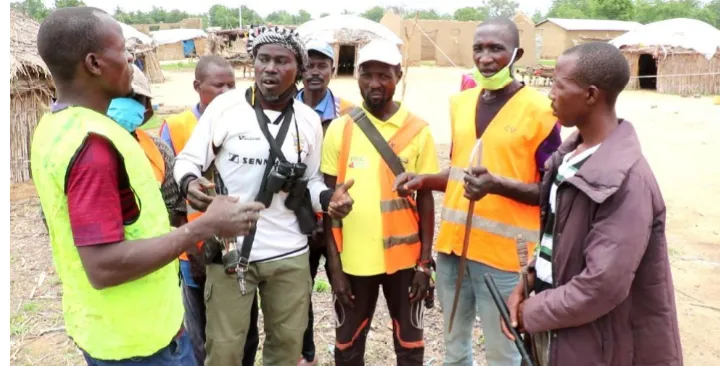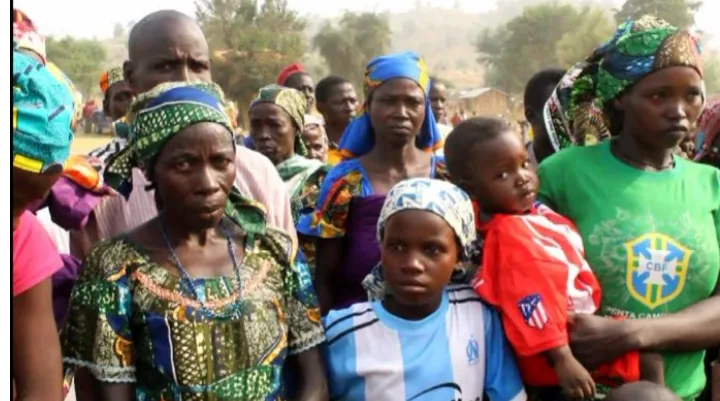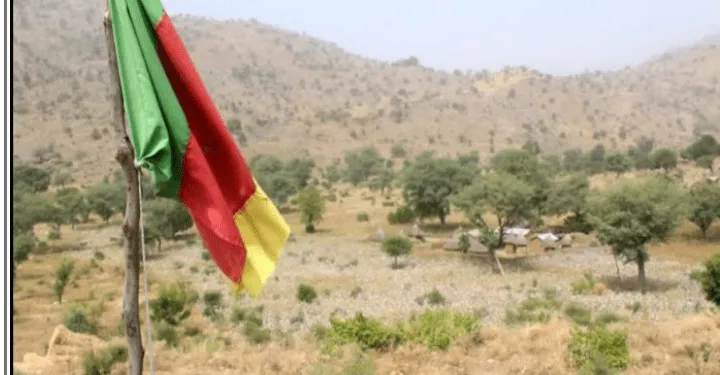Members of local vigilante groups supporting soldiers against Boko Haram activities in Cameron’s Far North region have sent a wailing cry to the government for neglecting their basic needs.
Most of them, farmers, say they have abandoned their families and income-yielding activities to defend the nation, but government has failed to supply basic equipment, even torches, needed for the fight.
“We are going through difficult times in the fight against Boko Haram. Sometimes we stay 3 to 4 days to contribute the money for the batteries of our torches,” says 50-year-old Mamadi Blama, a member of the vigilante committee in the Kolofata district.

He added their machetes, knives, torches, arrows and sticks, are inadequate, compared to those of the Boko Haram attackers who are usually heavily armed with AK-47 rifles, Kalashnikovs and other heavy weapons.
“The donations sent by the Head of State to vigilante members for their courage and bravery are half shared by the administrative authorities,” says a 2nd degree traditional ruler of Mayo Tsanaga in the Far North.
This comes at a time Boko Haram has revived attacks on the Far North region, with a recent suicide bomb attack that killed six civilians.

Since the start of the crisis in Cameron’s Far North region, at least 100 members of the vigilance committee have been killed alongside dozens of civilians.
Divisions like Logone and Chari; Mayo Sava and Mayo Tsanaga are theaters of Boko Haram jihadists attacks.
Vigilante members say they are sacrificing their lives in strengthening security and fighting Boko Haram and have remained courageous in ensuring peace in their locality, despite being very poorly equipped.
Some of them had to abandon their wives and children in the middle of the night, exposed to danger in the dark.
Families of some of the vigilante members, who died on mission, say government only handed to them meagre envelopes for the funerals of their deceased, while decorating their dead relative with medals.

But this has been insufficient, as most of these families get stranded without anyone to cater for their children’s education, losing their bread winners.
“Several members of the vigilance committee have given up on the fight. This now favors the return of the attacks, ’’ said an army officer based in the department of Mayo Sava.
Many locals have blamed increasing Boko Haram attacks to the poorly equipped state of local vigilantes.
The resurgence of the group’s attacks in Mayo Sava and Mayo Tsanaga is sufficient proof that Boko Haram is still rife.
The attacks have intensified in the rainy season as most members of the vigilante focus on their agricultural activities.
Boko Haram group started attacking Northern Cameroon in 2014, the same year Cameron government officially declared war on the group.

The sect has since then killed more than 100 civilians, displacing hundreds.
According to the UN High Commission for Refugees, UNHCR, the group has launched 87 attacks on Cameron’s northern border with Nigeria since January this year.
Violent Boko Haram attacks have cost the lives of 30,000 people and displaced more than 3 million in Nigeria, Cameroon, Niger and Chad, according to the UNHCR.
Mimi Mefo Info



